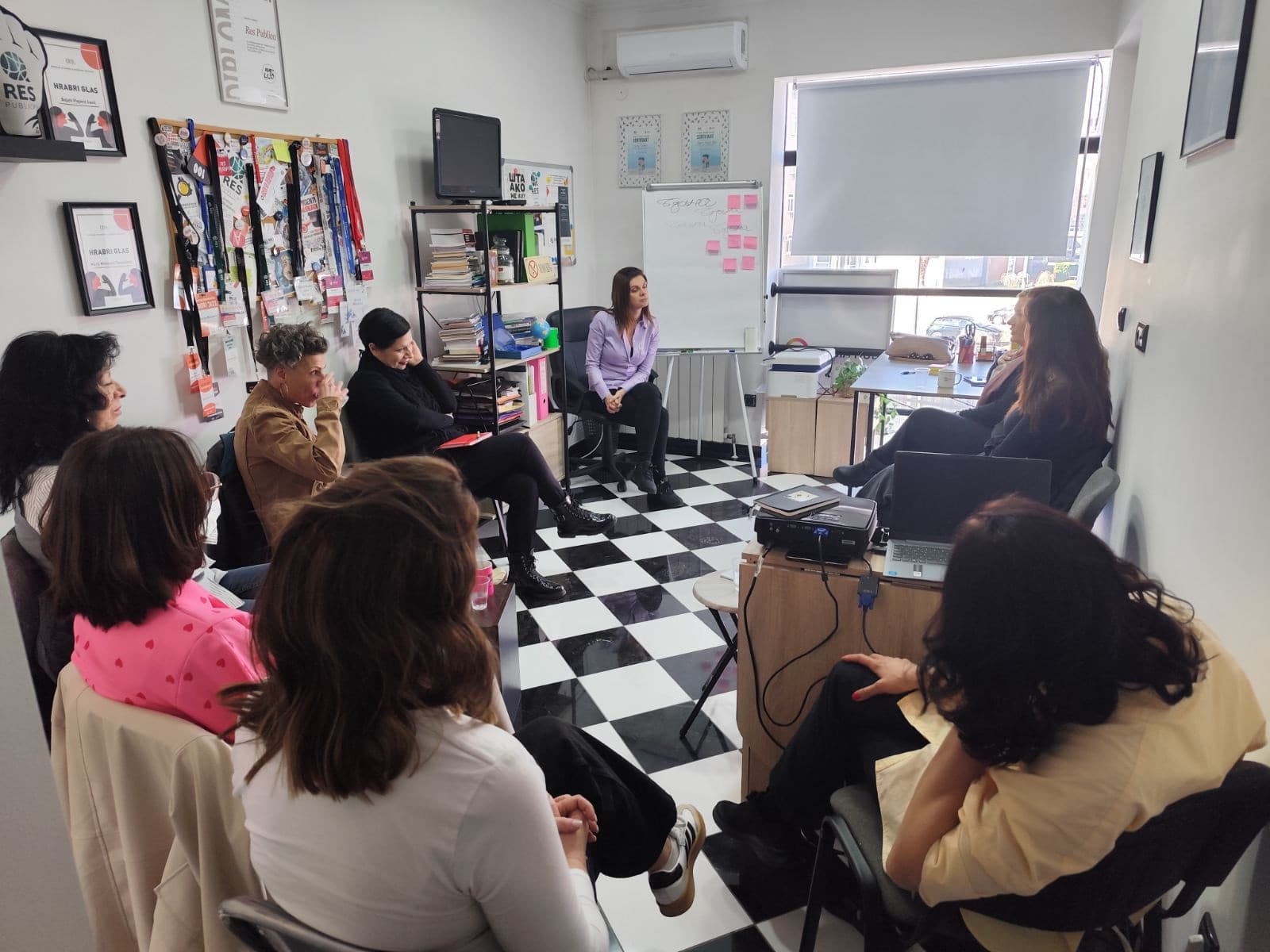Category
Latest News

ANEM ALARM: Unacceptable attempt to persecute Nemanja Šarović for comments made under a post on Instagram.
March 1, 2026
%20doelwit%20van%20lastercampagne%20-%20Joop%20-%20BNNVARA.png&w=3840&q=75)
Dutch media: Defender of media freedom in Serbia (former B92) targeted in smear campaign.
March 1, 2026

A correspondent from Serbia was fired by Figaro: "Someone whispered to the manufacturer of Rafale that I was writing critically about the government in Serbia."
March 1, 2026

The ministry, the province, and 120 local governments have announced media competitions.
March 1, 2026

The fourth training for the safety of female journalists and media workers was held in Kragujevac.
February 28, 2026







